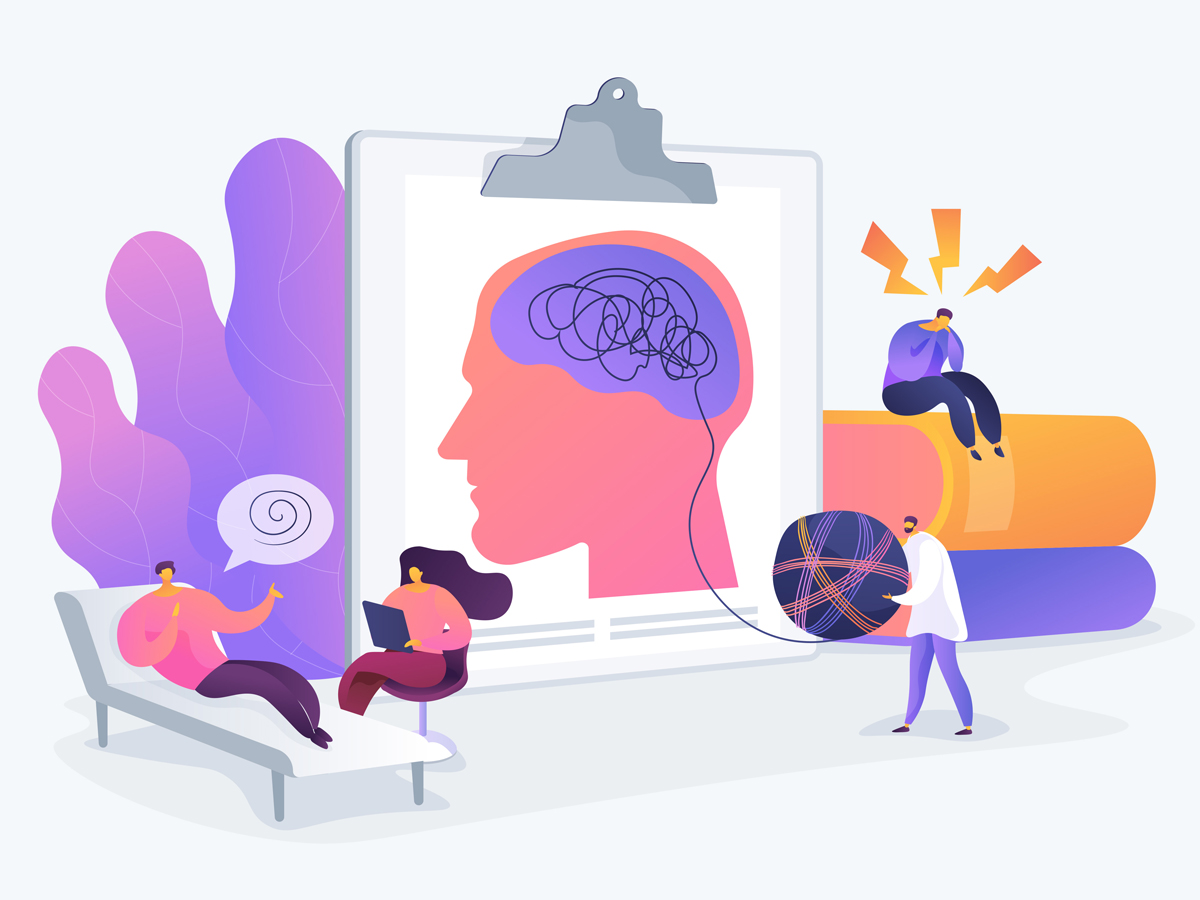Recognizing ineffective therapy
By Lookout Production on Jun 03, 2023 with Comments 0
Thomas Goenczi, Lookout contributor — The American Psychological Association (2016) estimates that 75 per cent of individuals who seek any form of psychotherapy find benefit in it. The study quantified a benefit as showing improved emotional and psychological well-being, fewer sick days, fewer medical issues, and increased work satisfaction.
Even though this statistic is encouraging, a few elements still contribute to unsuccessful counselling. Uncovering these contributing factors means we can be more vigilant of some obstacles to a successful therapeutic experience.
The most common indicator of ineffective counselling is an inability to connect with the therapist.
By the fourth or fifth session, you can envision if the therapist can help you attain your intended goals. Good indicators to reflect on during these first sessions are objective progress in areas such as emotional processing and reduction in symptomology, an ability to connect with the presenting techniques and modalities, and even checking on an intuitive level (‘Does this feel right?’). If you notice these three are outside your needs, talk to your counsellor. This not only empowers you in your progress journey but also allows the counsellor to adjust their techniques. Reflect on the rapport between the two of you after each session. If you can speak more freely as the sessions go on and feel heard, a foundation of trust is organically created.
However, sometimes you may need to end the relationship and look elsewhere for a therapist. This can be frustrating and deflating, but sometimes you encounter a counsellor you can’t click with. This is natural, as you can’t connect with everyone, no matter how much you try. Keep in mind you shouldn’t have to force things with your therapist. If you can’t be your natural self, it may be in your best interest to find someone else. This allows you to continue the momentum found in the work that’s already been done.
Another aspect of a potentially unsuccessful outcome in counselling is a lack of effort.
Therapy takes effort not only from the counsellor but also from you. A client’s effort varies between fully immersed and completely apathetic. For some clients, effort in the early stages is challenging to conjure up, often due to mental and emotional well-being. Most of the time, clients wax and wane between the two extremes of effort. When you feel your effort for counselling is fading, it may be best to reflect on why.
Effort doesn’t have to be a grand endeavour; it can appear as answering questions honestly, showing up even when you don’t want to be there, or being fully present in the counselling office. Effort is easier to come by when you understand why you’re doing counselling; continue adding to that why with each session. Be transparent with your counsellor and provide the experience with adequate effort, and you are more likely to be part of the 75 per cent.
One of the most difficult things to do is putting yourself out there again after having an unsuccessful counselling experience. Ineffective therapy may make you feel raw, cheated, and even a little betrayed. However, take accountability for what you can and don’t let this set you back from your path. The path is always challenging to walk on; obstacles come in many forms. All you can do is shuffle forward and not let the fear of failure define you.
Thomas Goenczi is an RCN Veteran and MA Clinical Counsellor with Private Practice: Well Then Therapy.
The content is not intended to be a substitute for professional advice, diagnosis, or treatment. Always seek the advice of your mental health professional or other qualified health provider with any questions you may have regarding your condition.
Filed Under: Top Stories
About the Author:






